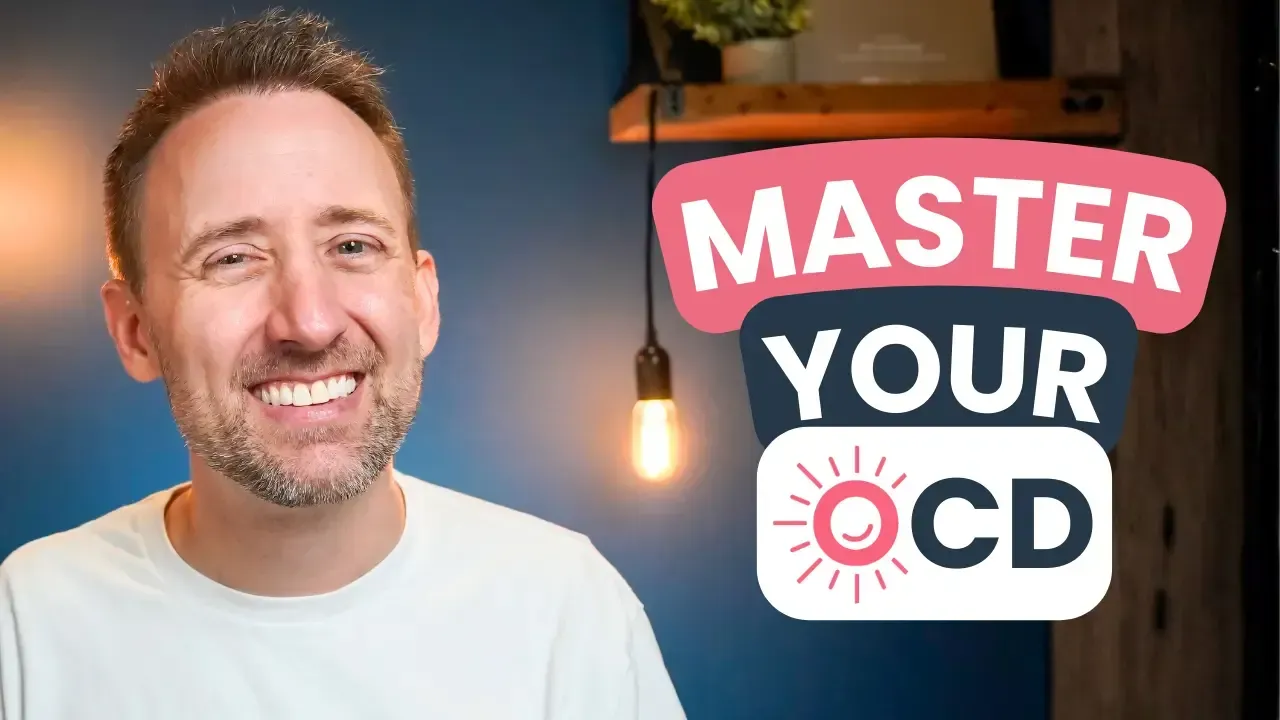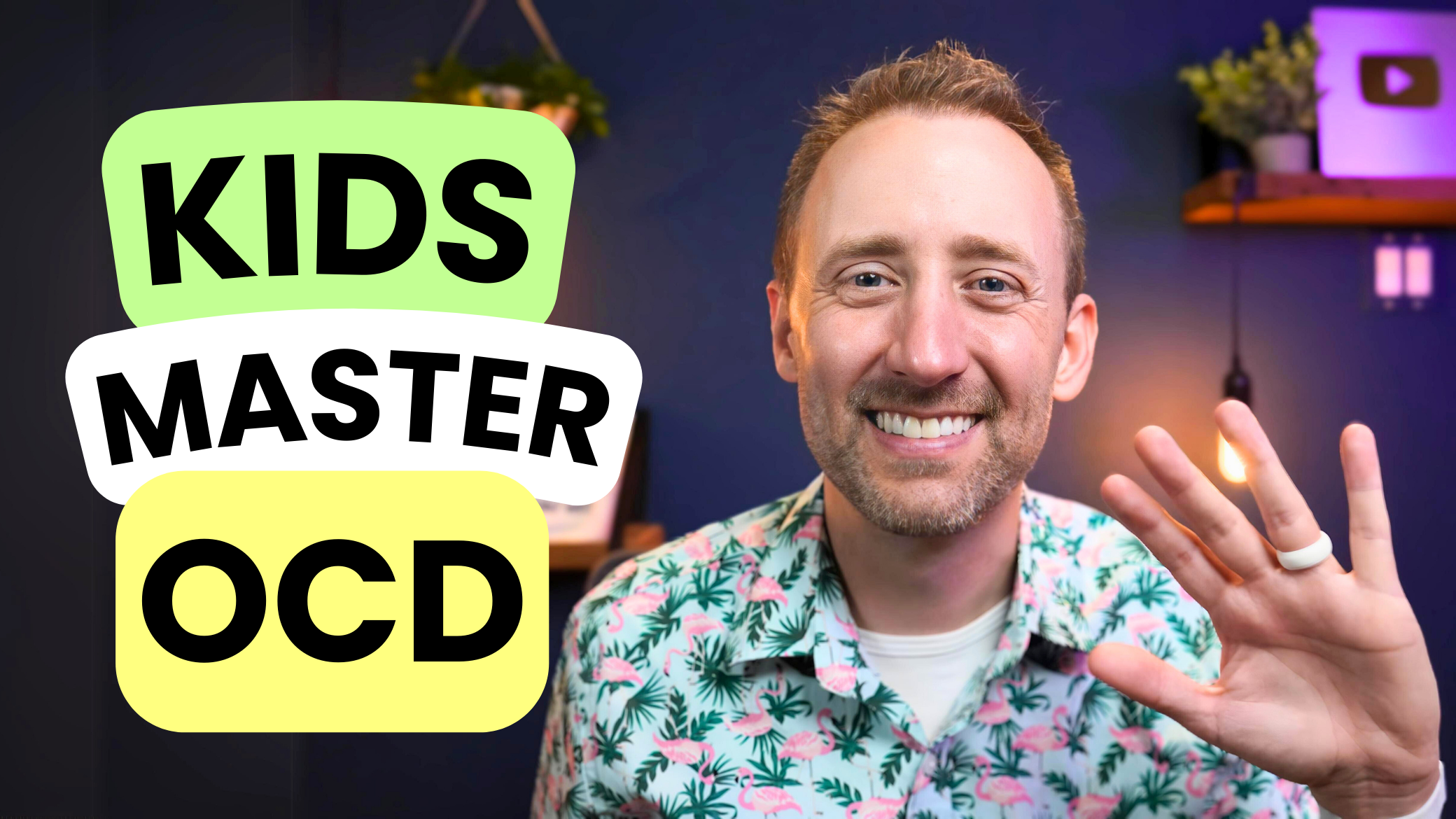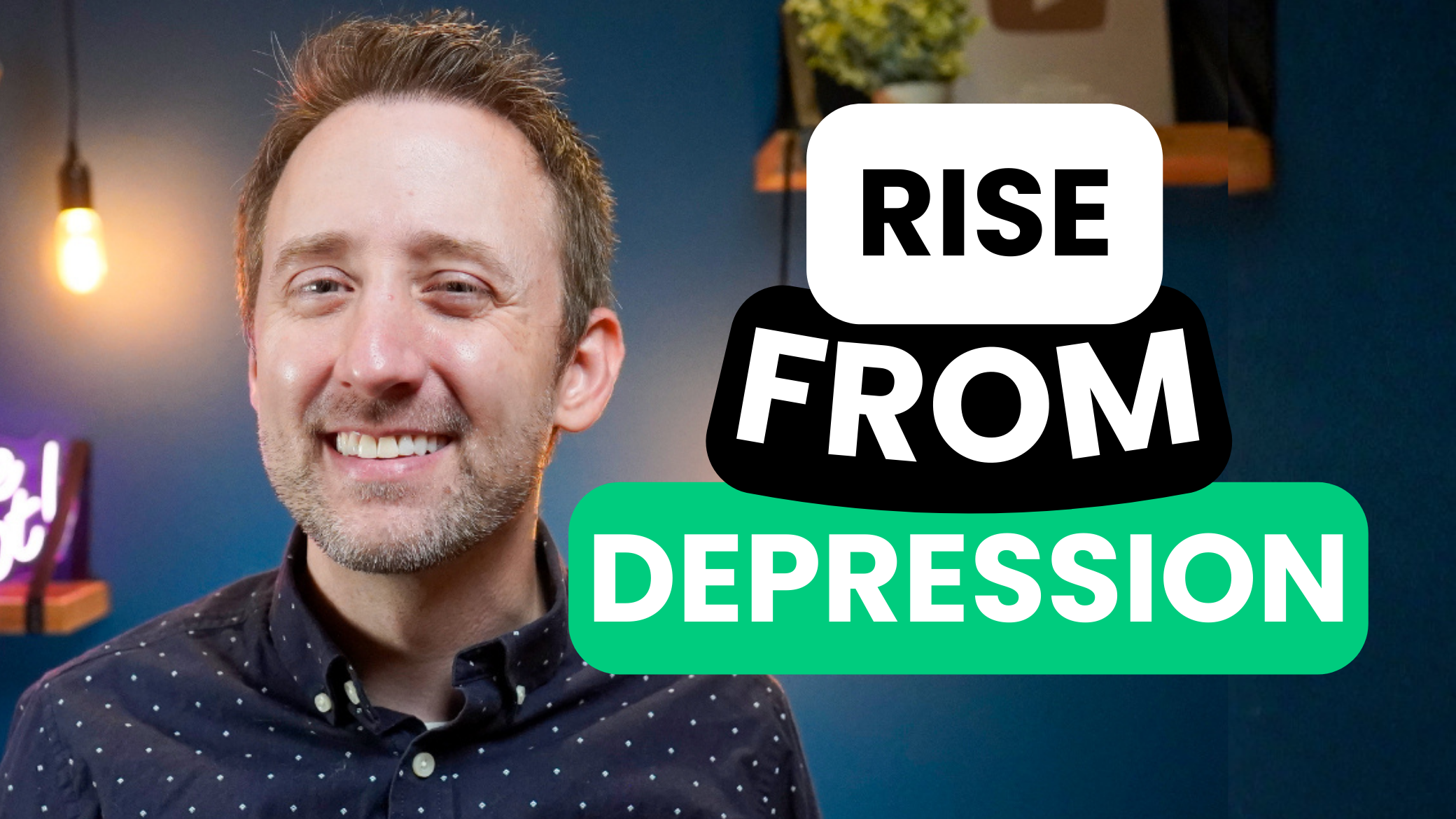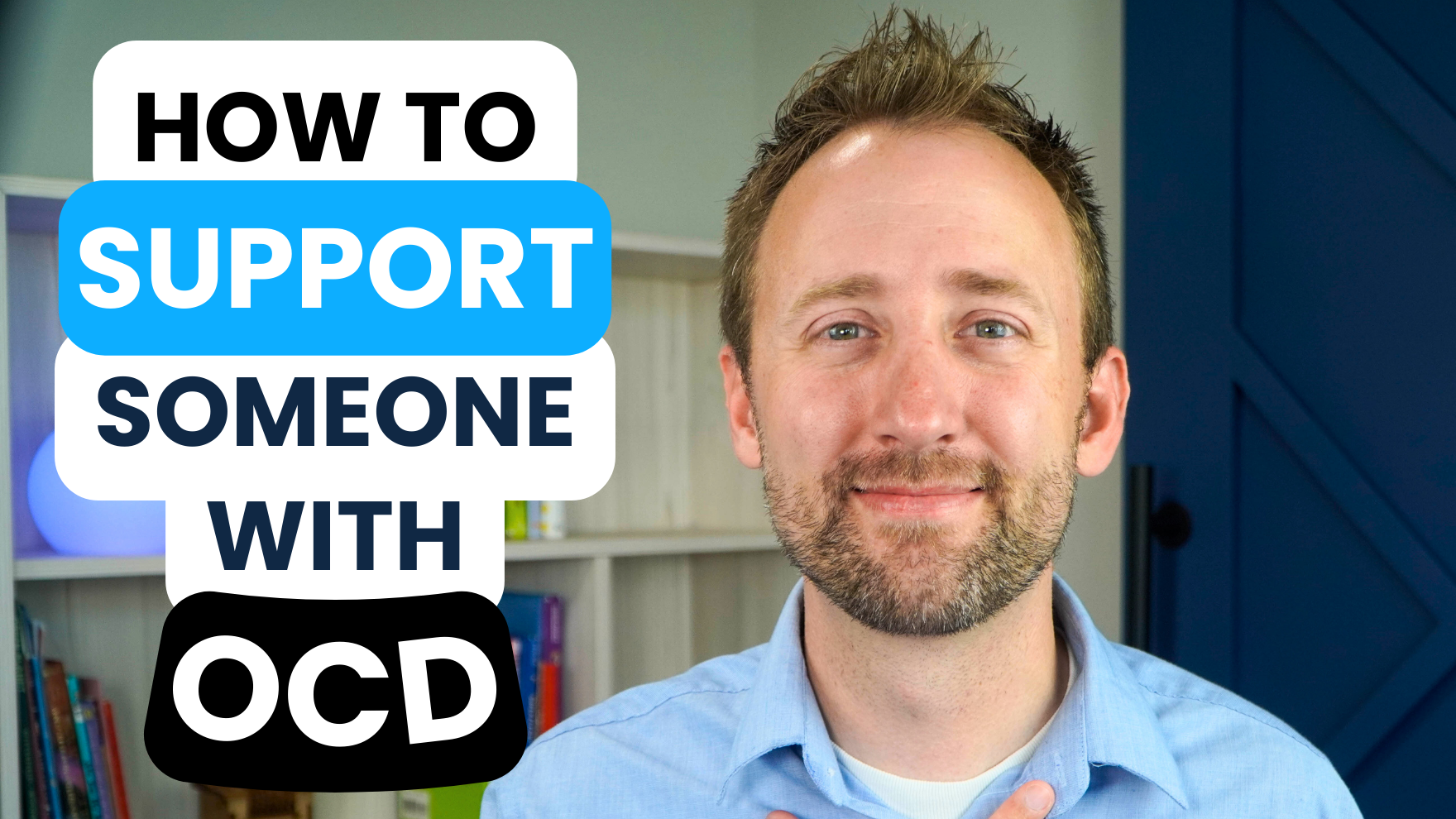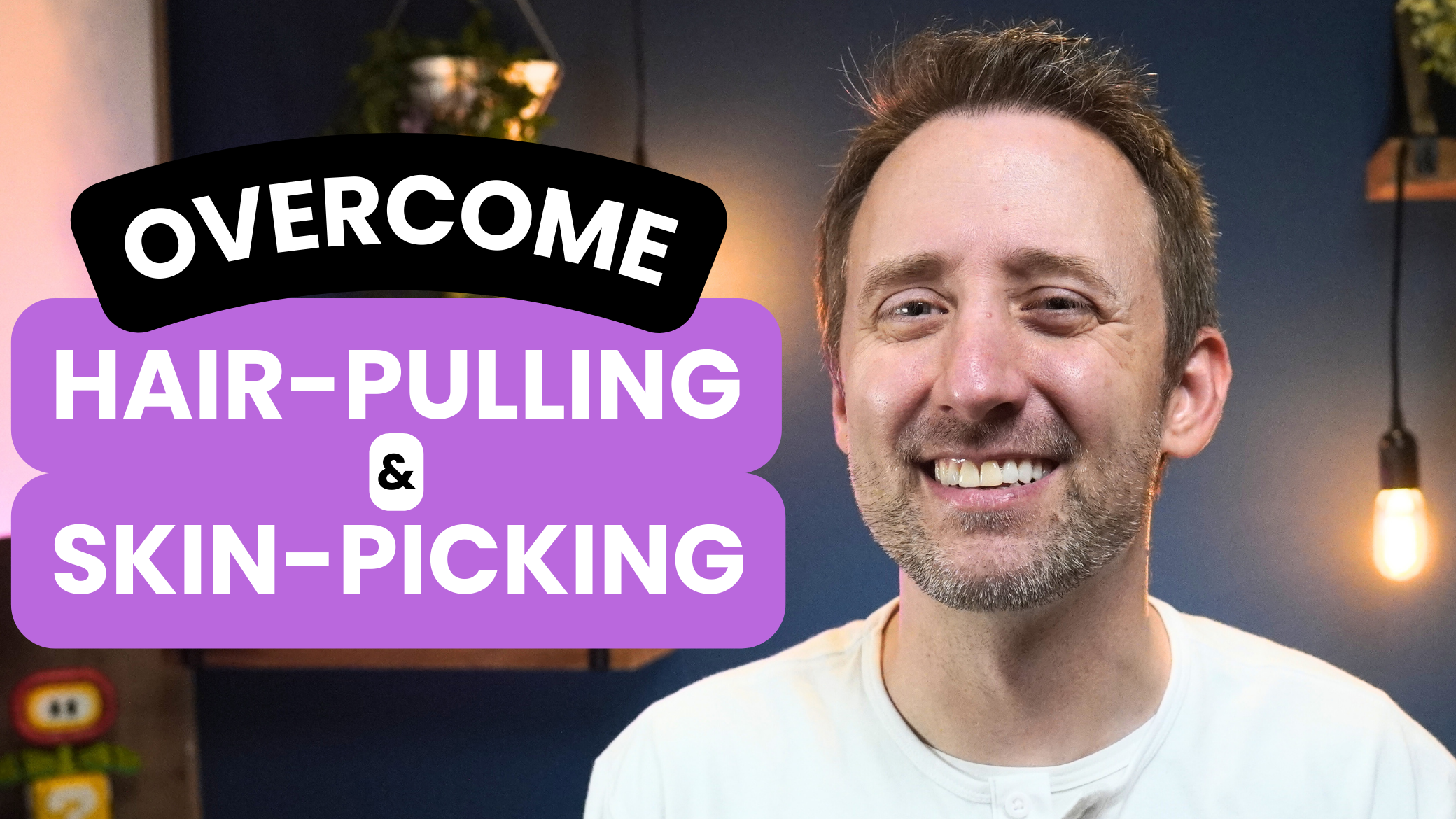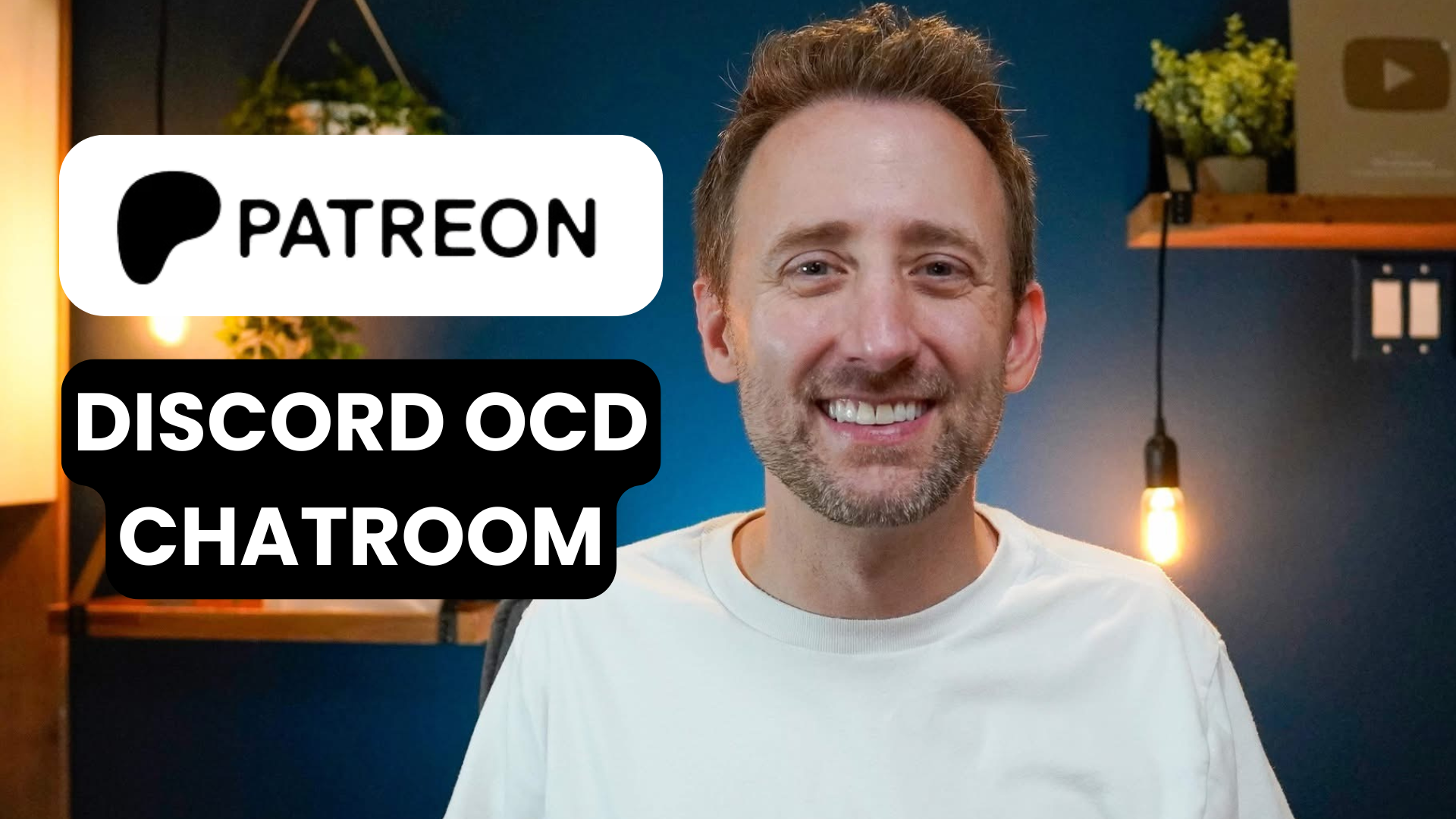Understanding False Memory OCD: When Doubt Feels Too Real
Jul 13, 2025
False Memory OCD is a lesser-known form of Obsessive-Compulsive Disorder (OCD). It can be confusing and distressing. People with this condition often remember things that didn’t happen—or doubt things that did.
Let’s explore what False Memory OCD is, how it affects people, and how they can learn to manage it. This blog will also mention helpful tools like Online OCD Program USA, Online self-directed OCD courses, and more, for those looking for support.
What Is False Memory OCD?
False Memory OCD is when a person gets stuck on a memory that may not be real. The memory usually feels disturbing or wrong. Even if it didn’t happen, it feels like it might have.
For example, someone might believe they said something offensive at a party, even if others say they didn’t. Their brain won’t let them feel sure. This creates a loop of doubt and guilt.
How It Affects Daily Life
This condition can impact relationships, work, and mental health. A person may replay past events over and over in their mind. They may ask for reassurance or avoid situations altogether. This cycle can cause high stress.
Some people may also develop other issues like health anxiety or depression. That’s why many turn to tools like a health anxiety online course or anxiety and depression courses online to cope better.
Common Signs of False Memory OCD
-
Constant doubt about past actions
-
Fear of having done something wrong
-
Repeatedly checking or asking for reassurance
-
Feelings of guilt that won’t go away
-
Intrusive thoughts linked to imagined memories
People may even start to doubt who they are. This adds more pressure and pain.
What Triggers It?
False Memory OCD is often triggered by stress, lack of sleep, or big life changes. Intrusive thoughts pop in unexpectedly. These thoughts feel intense and hard to ignore.
Sometimes, magical thinking plays a role—believing that thoughts can make bad things happen. If that sounds familiar, a magical thinking OCD course can offer guidance.
How to Deal With False Memory OCD
Getting the right support is key. Here are some simple steps:
1. Learn About OCD
Understanding how OCD works helps reduce fear. Look into resources like an online OCD course in USA or the master your OCD course.
2. Use Online Help
If visiting a therapist is hard, you can try Online self-directed anxiety courses. These let you learn at your pace. You can also explore Online self-directed OCD courses made just for people with similar struggles.
3. Join a Supportive Program
A full Online OCD Program USA can guide you through managing symptoms. Many also include community support and daily exercises.
4. Visit a Counseling Center
Professional help is very effective. An OCD counseling center in USA can give you expert care. Therapists here are trained to understand OCD deeply.
You Are Not Alone
False Memory OCD can make you question your own mind. But you are not broken. You are not dangerous. You are dealing with a mental health issue that is very treatable.
With the right tools and support, you can feel better. You can calm your mind. You can feel more like yourself again.
Try taking the first step with a stop overthinking course. Or explore a reduce anxiety online option to ease your daily stress.
Help is just a click away. You don’t have to figure it out alone.



